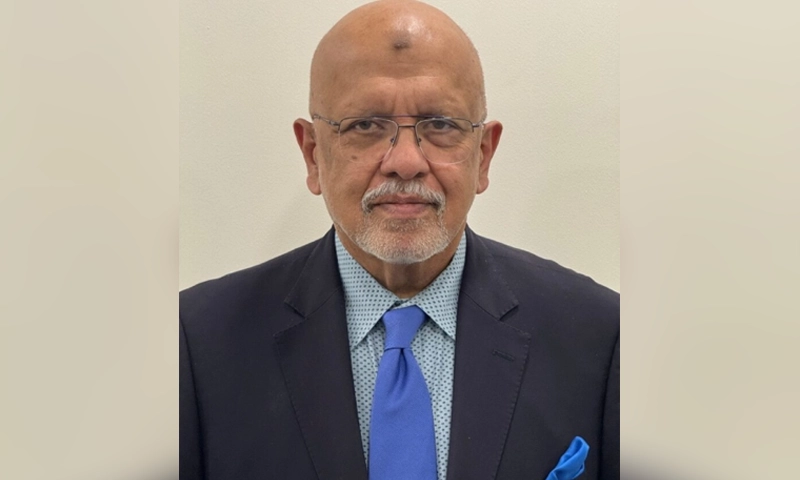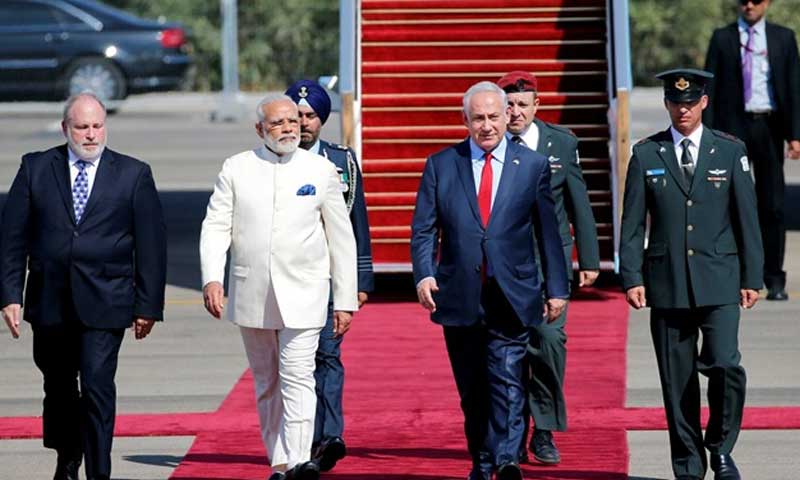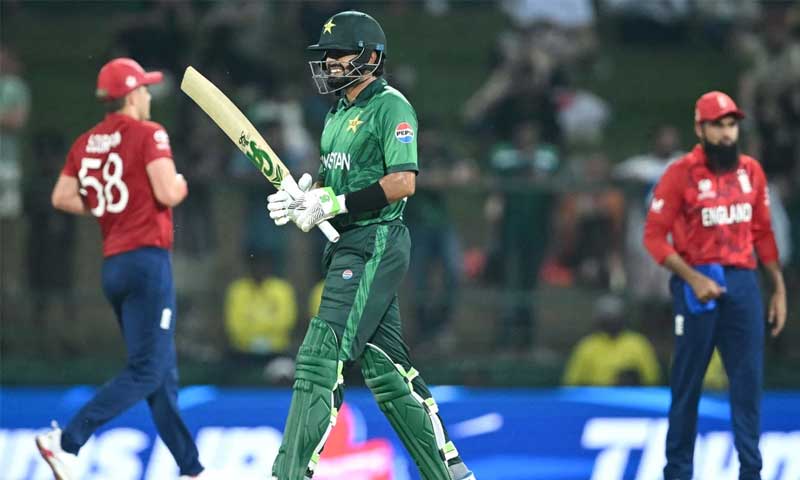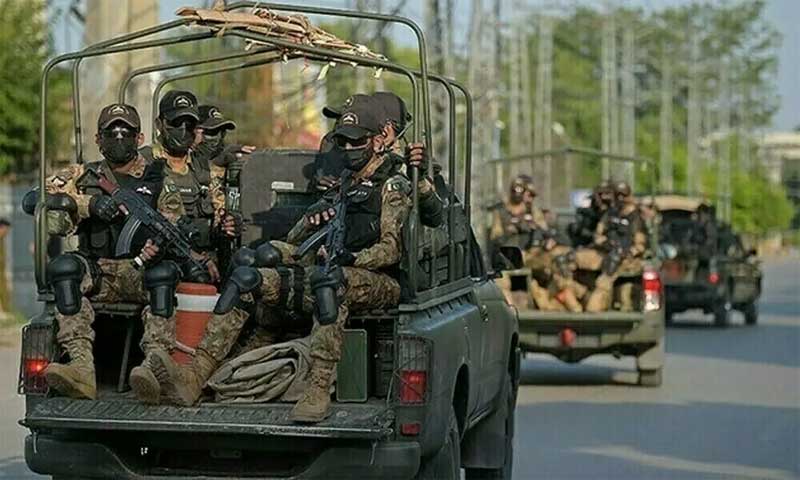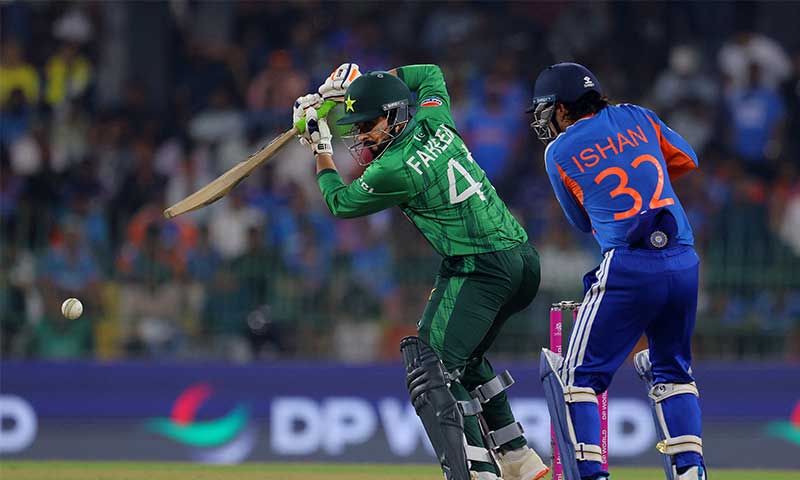- Web Desk
- Feb 26, 2026
China’s military parade boosts Pakistan’s standing
China’s massive military parade in Beijing on September 3 to celebrate Beijing’s successful emergence from the Second World War, was ideally timed for Pakistan’s September 6 remembrance on Saturday.
Aptly held on Beijing’s ‘Avenue of Eternal peace’ close to Tianamen Square, the event showcased China’s robust advancement as the world’s fastest emerging manufacturer of weapon systems and other technologies. On Tuesday, president Xi Jinping’s high profile meeting with Pakistan’s prime minister Shehbaz Sharif and reaffirmation of China’s “… all-weather strategic …. partnership” with Islamabad, added to the close ties between the two countries.
The Defence Day of Pakistan on September 6 must not only remember Pakistan’s sacrifices in its conflict with India in 1965. It must also remember the beginning of Pakistan’s most enduring relationship with China.

After the United States imposed sanctions on Pakistan after the 1965 war, the late Air Marshal Noor Khan as Pakistan’s chief of air staff rushed to China to lay the ground for a vital relationship. After a request to seek Chinese fighter planes was instantly acknowledged by his Chinese hosts, Air Marshal Khan broached the matter of financial details surrounding China’s agreement for supply two squadrons of its F-6 fighter planes -the Chinese equivalent of the Mig-19 originally produced by the former Soviet Union.
“A gift from the people of China to the people of Pakistan” came the reply, placing a bedrock for an enduring long term relationship. In almost 60 years since Air Marshal Noor Khan’s historic journey to Beijing, China remains Pakistan’s most trustworthy friend and ally.
China, Pakistan will work to crack down on terrorism
In a key dimension of the evolution of that relationship, international estimates suggest that China has provided at least 80 per cent of arms purchased by Pakistan in value terms, in the past five years alone.
The outcome of that relationship which has expanded without any strings attached, finally led to Pakistan’s successful emergence from its four days of conflict with India in May this year. Backed by China’s advanced J-10 CP fighter planes and armed drones, Pakistan began retaliating in kind, almost instantly after Indian attacks began on May 7.

Other Chinese systems either on the ground or in the pipeline have helped build up Pakistan’s defences. These range from the ‘Haider’ main battle tanks, new artillery guns and the Chinese Z-10 ME helicopters for the Pakistan army, to a variety of naval systems-both on surface and sub-surface ones.
The Pakistan Air Force’s dominance of the air has been backed by platforms such as the jointly produced JF-17 fighter planes, which Pakistan now has the ability to export too. The inclusion of the J-10 CP fighter planes armed the PL-15 air to air missiles, has robustly raised Pakistan’s ability to inflict harm on the country’s enemies. Meanwhile, the advancement of aerial systems continues with more advanced Chinese fighter planes expected to be inducted soon.

In sharp contrast stands the history of Pakistan’s relationship with the United States that has gone up and down like dramatic ocean waves. The desperation which took the later Air Marshal Noor Khan to Beijing after the 1965 war, was preceded by Washington’s supply earlier of twelve F-104 ‘Starfighters’ and 120 F-86 ‘Sabre’ fighters.
China backs Pakistan’s counterterrorism efforts, CPEC 2.0
As India had not received any major weapon systems from the United States at that time, the sanctions after the 1965 war on both India and Pakistan, made all the difference to Pakistan as it relied mainly on American weapon systems. In this journey, China has neither ever spoken out publicly over Pakistan’s internal affairs nor ever threatened Islamabad with any restrictions, let alone sanctions.

Internationally too, China in its position as one of the five permanent members of the UN Security council has supported Pakistan globally. Increasingly, China’s involvement with Pakistan’s economic future beginning with building the Gwadar deep sea port, has laid a firm basis for the subsequent pursuit of the China Pakistan Economic Corridor (CPEC).
Sino-Pak co-op on disaster preparedness in focus during PM Sharif’s China visit
China’s backing for Pakistan internationally and regionally alongside consolidation of Islamabad’s defence capacity and the economy, have together laid the basis for an enduring relationship. The legacy that began with the late Air Marshal Noor Khan has grown to an extent that it has become irreversible.


